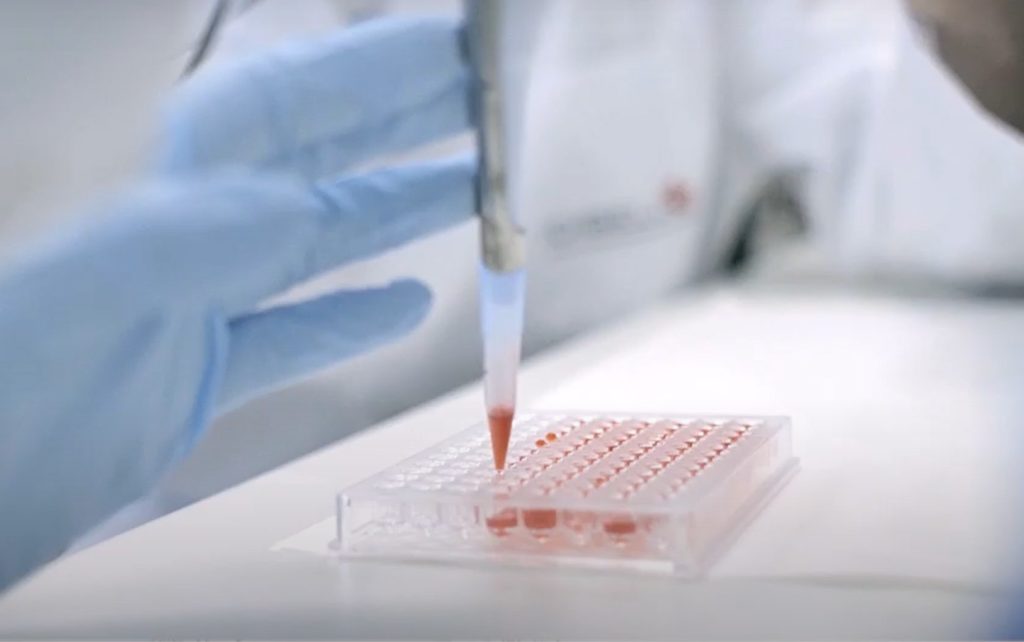- The study shows that DNA repair in BRCA1/2 tumors is highly dependent on oxidative metabolism.
- Treatment with drugs such as Metformin that inhibit this metabolism stops tumor growth in animal and cellular models.
Ovarian cancer is one of the cancers with higher mortality, only 50% of patients survive after 5 years of the diagnosis and, unfortunately, causes the death of approximately 300 women each year in Catalonia. Most of these cancers have mutations in the BRCA1 and BRCA2 genes and can be treated with inhibitors of the PARP protein, despite the treatment in some cases, the progression is maintained and develop resistance. In an article published today in the journal EMBO Molecular Medicine, a new therapeutic strategy, based on metabolic drugs such as Metformin, is presented as a new opportunity for these patients.
In this study, performed by researchers from the ProCURE program of the Catalan Institute of Oncology (ICO), the Bellvitge Biomedical Research Institute (IDIBELL), and the University of Barcelona (UB), it is demonstrated, through the implantation of human tumors in animals models and analysis of patient samples, that tumors with BRCA gene mutations are highly dependent on oxidative metabolism, therefore, the inhibition of this pathway enzymes, with drugs such as Metformin, stop the tumors growth and cells finally die. “This discovery opens new options to treat tumors with mutations in the BRCA1/2 genes, attacking their metabolism,” says Dr. Francesc Viñals, leader of the project.
The article describes that tumors use oxidative metabolism to “power” the machinery necessary to repair DNA and maintain tumor survival. Tumor cells need a constant supply of energy to maintain their growth, for this reason, they can adjust their metabolism to different routes, depending on the conditions, to obtain enough energy. Similarly, DNA repair mechanisms are also closely linked to the metabolic pathway that provides them with energy.
The researchers propose the Metformin drug as a possible treatment. This is a potent inhibitor of the oxidative metabolic pathway that has shown the ability to stop tumor growth by inhibiting DNA repair in animal and cell models. Also, this drug is approved for the treatment of diabetes and has good tolerability in humans, therefore approval for its use against these cancers should be faster and would require less investment.
World Ovarian Cancer Day
The publication of the article coincides next to World Ovarian Cancer Day (May 8th). Most of these cancers are caused by BRCA1/2 defects, what it means that most of them could benefit from this new treatment.
There are women with a high probability of developing this type of cancer because they have inherited mutations in the BRCA1 or BRCA2 genes or other genes with similar functions. Overall, considering sporadic (no inherited) and family cases (with inherited mutations), about half of ovarian tumors present BRCA1/2 abnormalities.
75% of this type of cancer is detected in advanced stages of the disease because, on the one hand, the symptoms it causes are often confused with benign pathologies of the abdomen, and on the other, there is still no Screening Program advanced.

